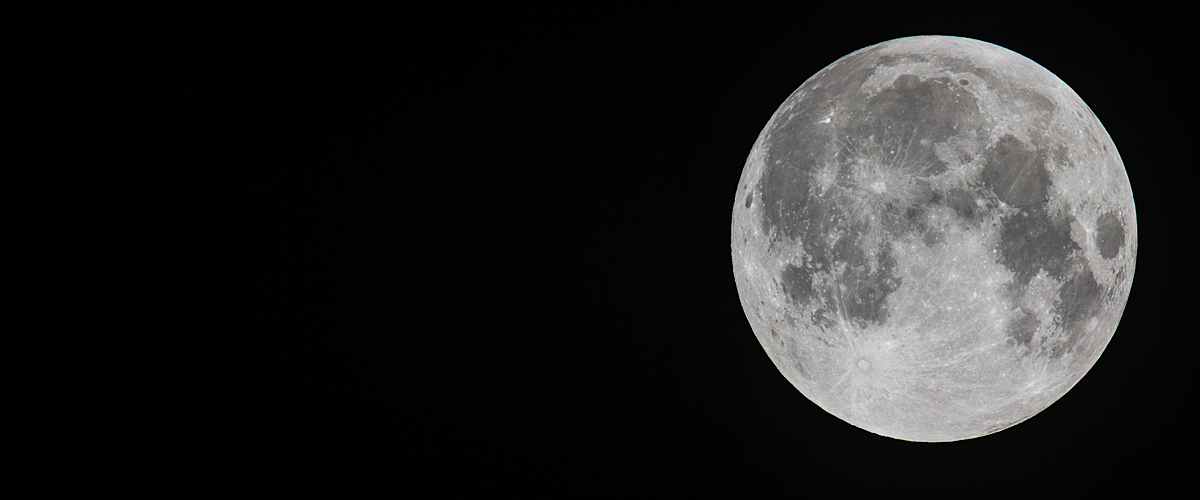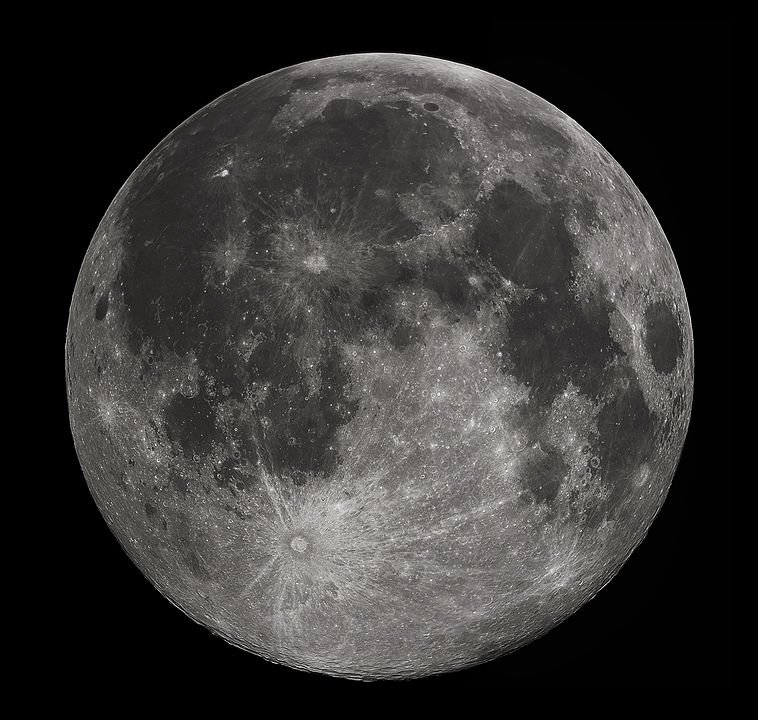
Black Supermoon to Occur in Most North American Skies on July 31 or August 1
On July 31 a new moon will occur while others might see it on August 1. This supermoon is called a Black Moon because it’s the second new moon in the month of July.
The Black Moon will occur on July 31 at 23:12 p.m. EDT and on August 1 at 03:12 UTC. Some countries in the world had a new moon in July and this will be the second new moon, therefore, being called a Black moon.
The Black supermoon will cause the skies to appear as if it’s moonless. It will travel across the sky with the sun during the day.

A full moon | Photo: Wikipedia/Gregory H. Revera
Despite being invisible to the naked eye, it will allow the stars to be more visible making it an ideal opportunity for stargazing. Those with the right equipment might catch a glimpse of this phenomenon.
When the moon is new, it’s nearly situated between the Earth and sun for a particular month. New moons appear around once a month because the moon takes about a month to orbit the Earth.
Black Moons happen about once every 29th month, but because of time zones. The month a Black Moon can happen differs.
Unfortunately, this coming one will only be visible in the US and in the UK it’ll occur next month on August 30. Being a supermoon means the moon will be at its nearest point to Earth at night.
The last Black Moon happened over North America in 2016. This phenomenon is also described as the third new moon in a season of four new moons.
They are so rare that they can happen once every 10 years.
The Black Moon will have a drastic impact on tides. It will usher in extra-large spring tides, where the variation in high and low tide is especially great.
The technical name for a supermoon is a perigee-syzygy or a full moon around perigee. The word supermoon is actually astrological in its origin and has no precise astronomical definition.
Some claim that supermoons could be associated with increased risk of events like earthquakes and volcanic eruptions, but this hasn’t been proven.
